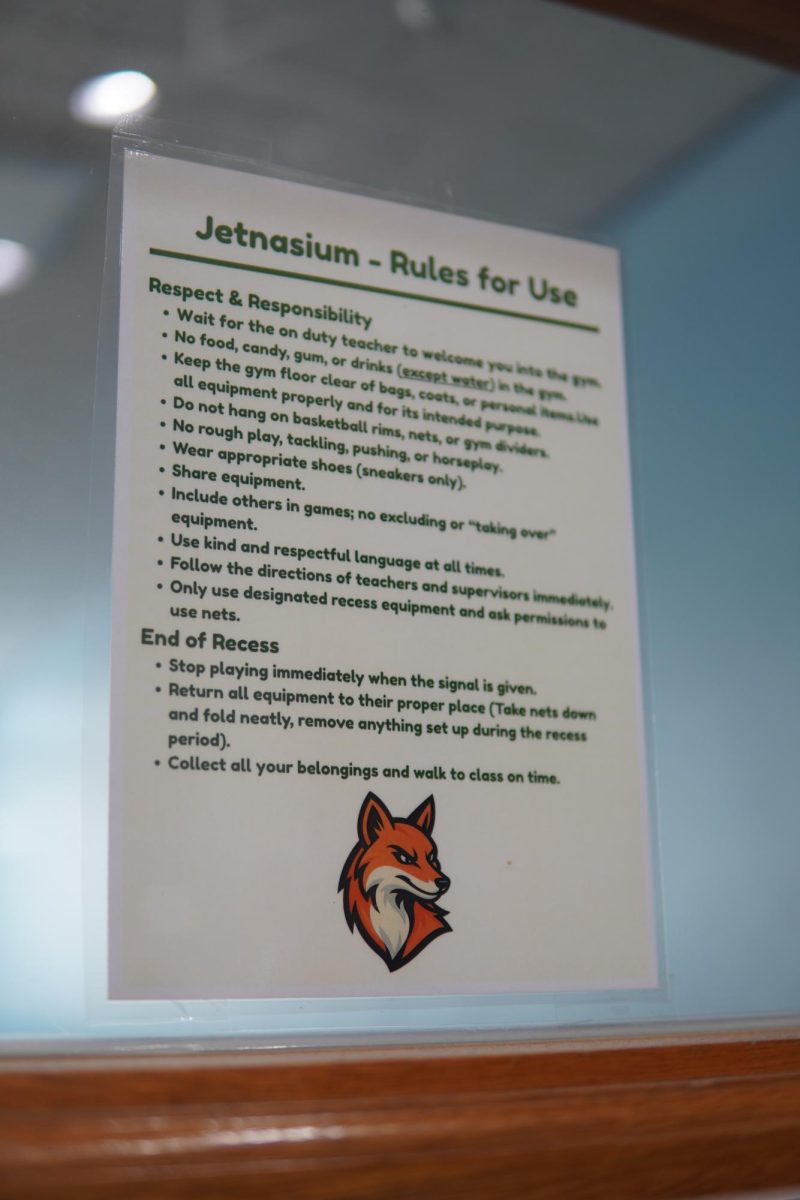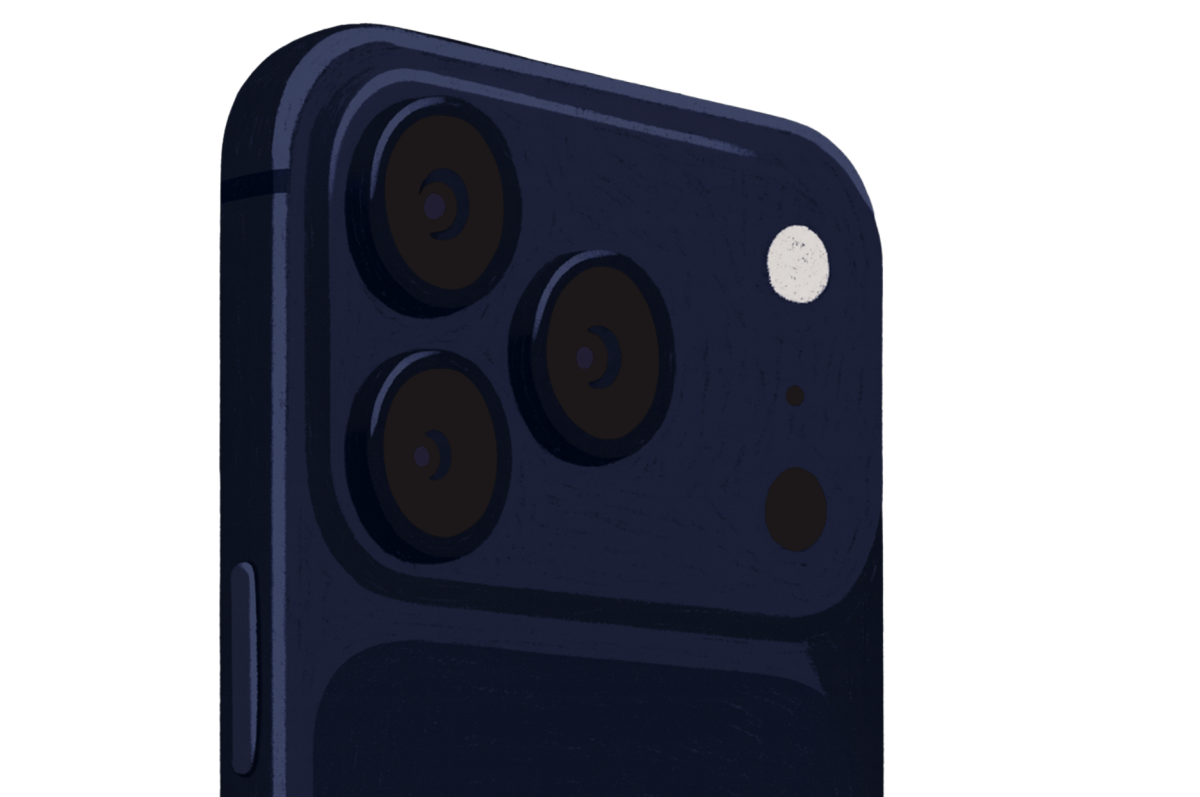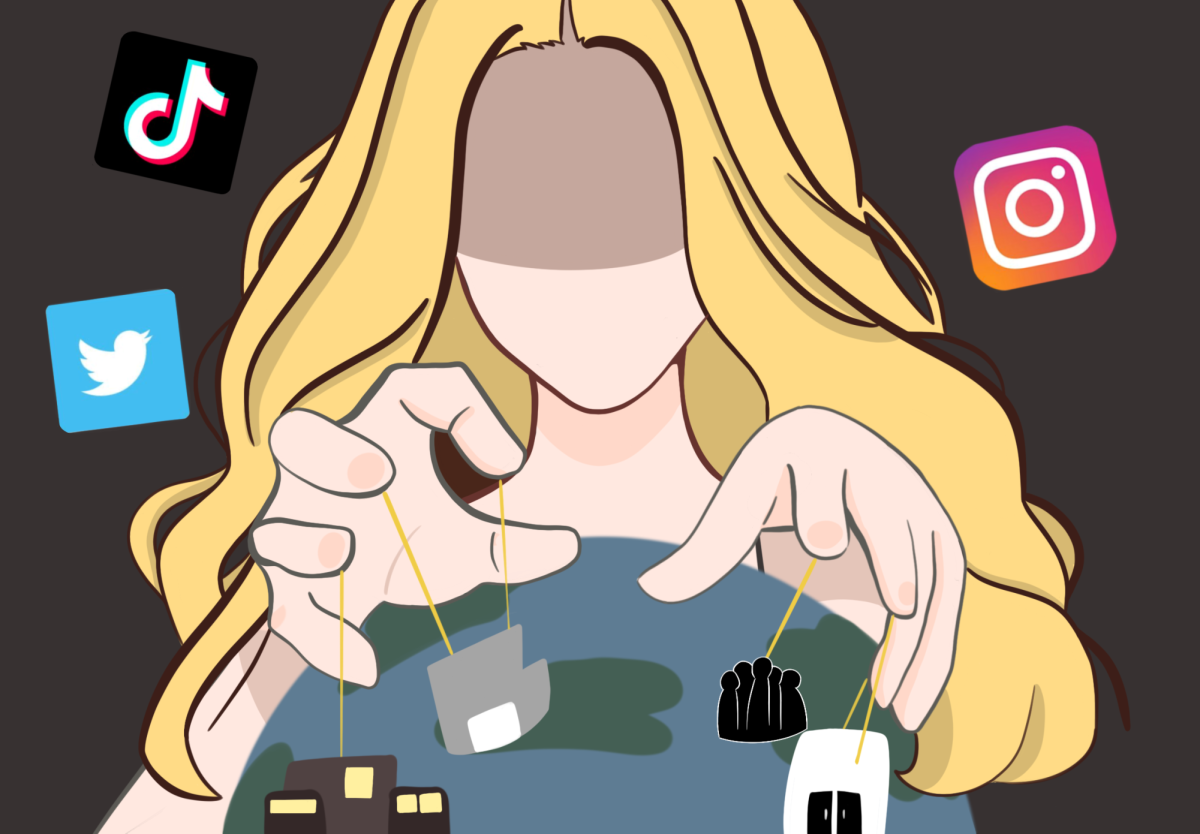Social media influencers manipulate the minds of young people in immeasurable ways. From life hacks to food recommendations, internet celebrities rack up views and likes through viral trends that change viewers’ lifestyles across the globe.
Trends have shifted towards designer fever as luxury brands use pop culture to market products. Children especially fall victim to this due to the abundant exposure to luxury-branded goods like Gucci and Chanel from exceedingly young ages. The facade of the perfect influencer life triggers FOMO, a fear of missing out, among students.
This urges impulsive purchases among viewers, including students at DIS. “I sometimes feel like the things people do on social media are just better than me and I want to have the things that they have as well,” said Becky Cho in eighth grade. The allure of luxury brands has become a status symbol that drives individuals to succumb to societal pressure and conform to a picture-perfect image.
What’s worse, constant exposure to advertisements of designer products encourages an addictive focus on material ownership and status symbols. Many find it difficult to appreciate their possessions when social media constantly chants, “Newer. Trendier.” Even in schools, many students showcase new fashion styles that fuel the need to purchase what they lack.

The curated version of influencers’ lives instills unrealistic expectations in young minds. “It’s all in their lives. The thing that I want is the rich lifestyle that they have,” said Sahn Choi in Grade 8. He also emphasized the impact on mental health, as the pursuit of a flawless appearance and success can lead to disappointment and ultimately depression.
Times like these urge parents and experts to wake up and fully understand the harms of such media culture. Parents should resist the temptation to overspend and spoil their children, which often breaks the cycle of consumerism preserved by influencer culture.
For children and other users, here’s a simple solution: remove all social media apps from your devices. When I took this leap, I sensed the extent of its influence on my life. At first, the urge to check on my friends and their updates overcame me; drawn to doom-scrolling through their profiles and flawless lives.
However, as time passed, I began to shift my focus toward other everyday activities that I had previously considered mundane and ordinary. I developed a newfound appreciation for the little things in life, such as a walk in the park or a meal made from scratch. This shift in perspective not only brought me more happiness and contentment but also helped me live in the present and enjoy what life has to offer.
Youth, exposed to luxury brands and influencer culture, poses an often overlooked yet serious problem. As overconsumption of designer products increases, adults must take action to help children control their desires. If parents teach them values such as the importance of finances and help manage their social media usage, we will break the cycle of consumerism and materialism that society clings to.





















































